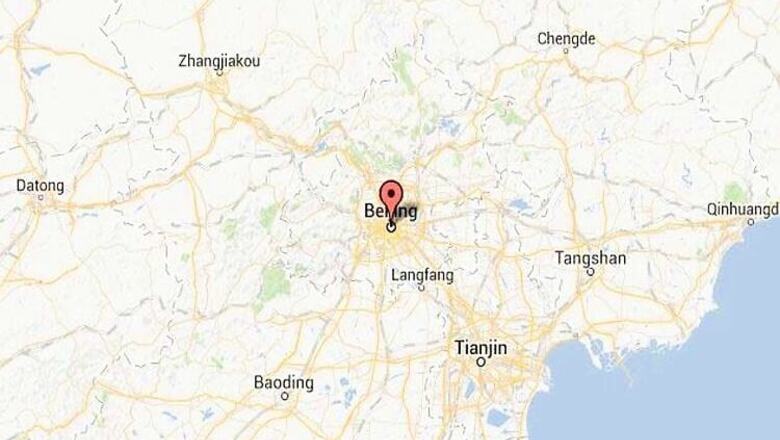
views
Washington: India's Act East Policy and the policies of countries like Japan and Australia are balancing the increasing influence of China in the Southeast Asian region, US lawmakers have been informed by a thinktank expert.
"As China continues to invest in its military and lay down new hulls at breakneck speed, claimants have sought assistance from other partners in the region. In 2014-2015, they have begun to find it in Japan, Australia, and India," said Mira
Rapp-Hooper Director, Asia Maritime Transparency Initiative Centre for Strategic and International Studies (CSIS).
During a Congressional hearing on Thursday, Rapp-Hooper said India has begun to implement the 'Act East Policy' to bolster its ties with the region.
At the 2014 India-ASEAN and East Asia summits, Indian officials emphasised freedom of navigation, peaceful resolution of disputes, and importance of international law, she said.
In September 2014, India and Vietnam issued a joint communique opposing threats to freedom of navigation and use of coercion in the South China Sea.
In the same month and again in January 2015, Prime Minister Narendra Modi and US President Barack Obama jointly affirmed common interests in the disputed South China Sea.
"In June 2015, India and the US signed a defence framework that includes a pledge to increase each other's capability to secure...freedom of navigation across sea lanes of communication.
"In June 2015, India also sent a four-ship naval flotilla to Malaysia, Singapore, Indonesia, and Australia, as part of a visit to the South China Sea," Rapp-Hooper said. She noted that countries in the region have also reacted to China's assertiveness through multilateral mechanisms. Reportedly, Vietnam, India, and Japan have privately agreed to work in a trilateral format to coordinate security policies," she said.
Rapp-Hooper recommended that the US establish a mechanism to coordinate partner capacity building efforts in Southeast Asia with Australia, Japan, and India, so that training and equipment support is mutually reinforcing.


















Comments
0 comment